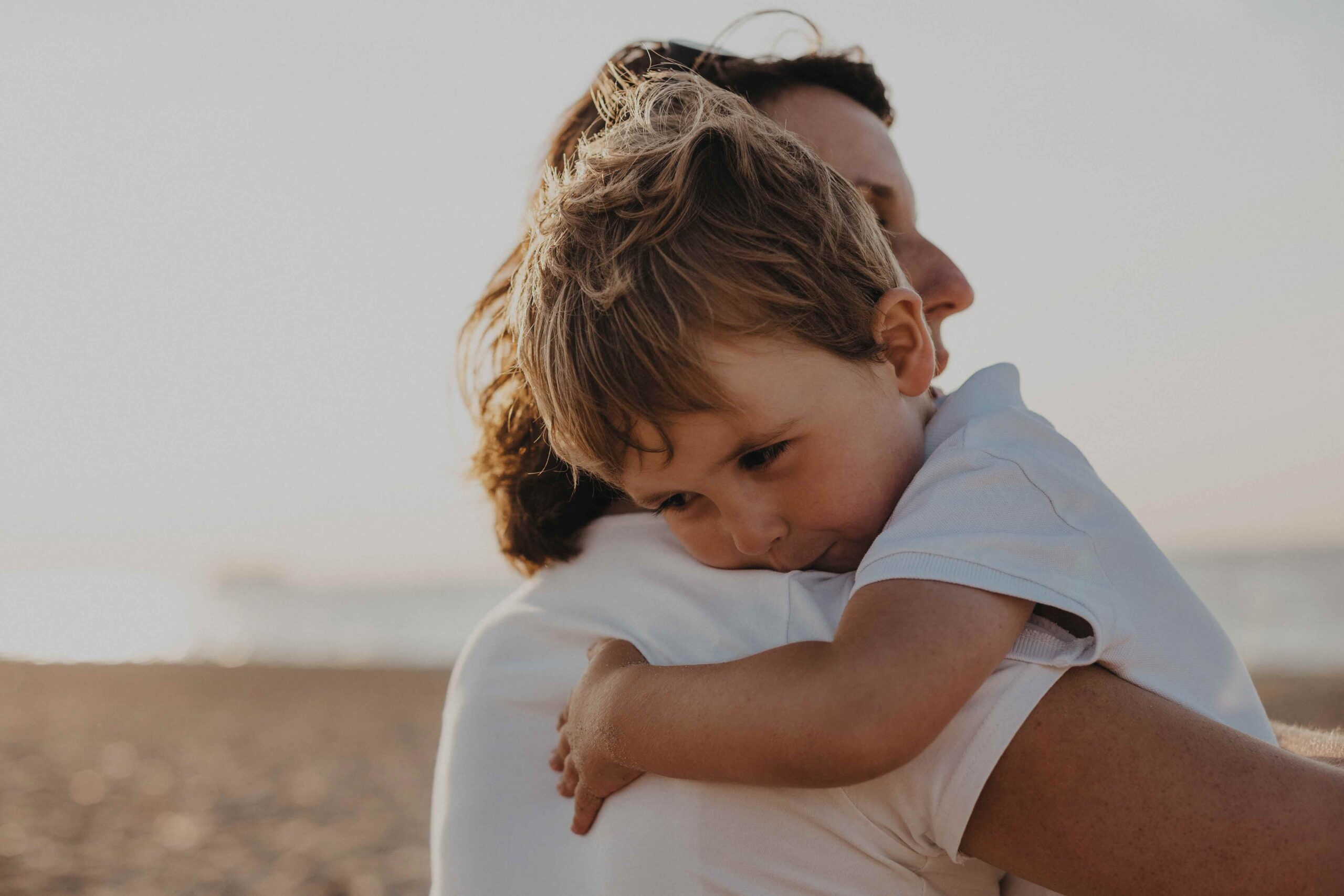MARISSA BONDURANT | CONTRIBUTOR
The world tells us that self-care is the key to living a balanced, happy, successful life. We are encouraged to take time for ourselves, to rest, and to care for our bodies. After all, if we aren’t caring for ourselves, then how can we care for others? There is wisdom in that, but the reality is that sometimes we have intense mothering seasons where our needs must take a back seat. Any mom who has had the flu, alongside the rest of the family knows this. Yet even in those seasons, when self-care isn’t possible, the gospel offers us tremendous hope and encouragement.
Let God and others care for you.
Two of my girls have needed surgeries and a variety of procedures and tests to address serious medical issues. I handed a daughter to an anesthesiologist almost 20 times in just five years. Each time we’ve gone through one of these ordeals, people reminded me to take care of myself. But, when you have a young child suffering, and only mommy can soothe her, taking care of yourself becomes impossible. In these seasons I’ve found encouragement in remembering how I was made.
In the Garden, the first thing God says that is not good about his creation is when Adam is alone (Gen. 2:18). We were made to be cared for by God and by others. It’s part of our good design. I’d argue that “self-care” is necessary, but not sufficient in meeting the very real, and very valid needs that we have as moms.
Being cared for by others requires that we practice vulnerability. We must allow others to see us when we are weak and then allow them (and sometimes outright ask them) to help us. I’ve learned that even if we are nervous about burdening our friends, it is actually a joy for them to care for us.
God wants to care for us too. His Word nourishes our souls like food nourishes our bodies (Jer. 15:16). He cares for us by convicting us of sin (John 16:8), comforting us when we’re hurting (2 Cor. 1:3-4), providing wisdom in abundance (James 1:5), and interceding when we need prayer (Rom. 8:26).
In challenging seasons, I often find myself being cared for best when I lean on the Lord and my community to help meet my needs, rather than only trying to care for myself.
God can give you joy even in the exhaustion.
The world tells us that when we feel overwhelmed in our mothering, we just need to escape it. To get away from our duties and responsibilities. Getting away can be helpful for providing rest, but intense mothering seasons simply won’t allow for that. When I’ve been in those situations, I have found it encouraging to remember that it is precisely these mothering challenges that God will use to do his most beautiful sanctifying work in me.
The Lord will be glorified as I present my exhausted body as a living sacrifice to him, laying it down over and over for the good of my children (Rom. 12:1). The Lord will be honored as I allow the Holy Spirit to renew my mind and fill me with his encouragement and wisdom during challenging situations (Rom. 12:2). And the Lord will be pleased when I trust him with my needs in the seasons when I can’t prioritize them myself (1 Peter 5:7).
I find hope in the early Christians talked about in Hebrews who were joyful in hardships because they knew that they were heirs of an indescribable inheritance that far outweighed any plundering of their time, sleep, possessions, comfort, or personal dreams (Heb. 10:34).
Jesus models how to live in the tension.
Too often I’ve struggled with feeling like my needs are only being met when I’m not being needed by others, but God’s Word offers me hope even when I have eight little hands pulling on my clothes.
Jesus set aside heavenly glory for the sake of enduring the cross. He gave everything to serve us (Phil. 2:3-11), but he also took time to sleep, eat, spend time with friends, pray, and do other things we might classify as “self-care.” Jesus modeled living in the tension of living sacrificially, while also stewarding his body, mind, heart, and spirit.
I imagine that it wasn’t easy for Jesus to live out this tension. There were always more people needing him and more tasks to accomplish. There were probably times when he could have made two equally God-honoring choices with his time (caring for his needs or caring for the needs of others). This means that I can both experience joy when putting myself last, and also have peace when I practice “self-care.” This means that I will have to walk closely with the Lord to know which of those two paths he’s leading me down in any given moment.
Scripture tells us that we are to pick up our cross daily and follow Christ. As moms, it’s tempting to buy into the messages that tell us we shouldn’t have to bear any crosses that are uncomfortable or exhausting. Ultimately, I think it comes down to me being afraid that if I don’t care for myself, then I won’t be cared for at all. But trusting that God is caring for me, is transforming me, and is filling me with his joy allows me to sacrificially care for my family and know that I will be cared for too.
Photo by Xavier Mouton Photographie on Unsplash


